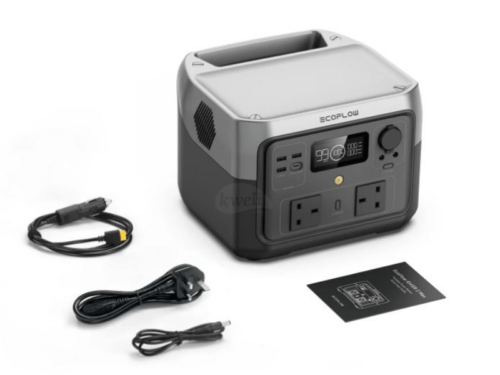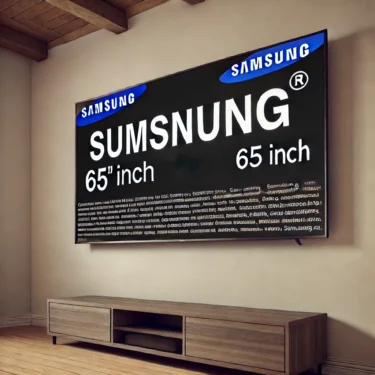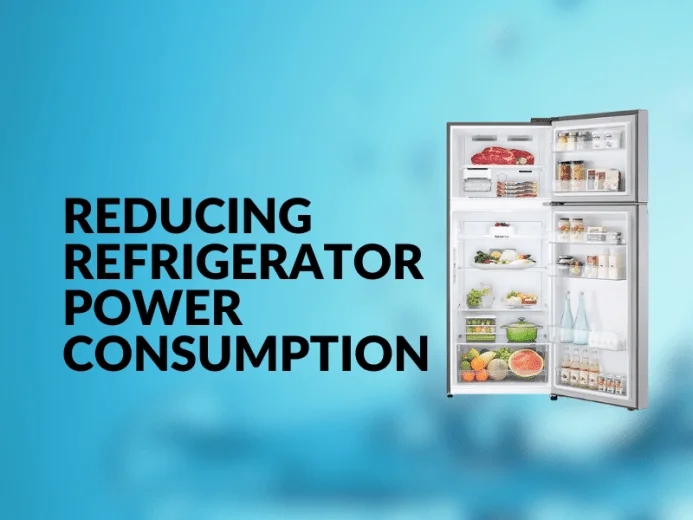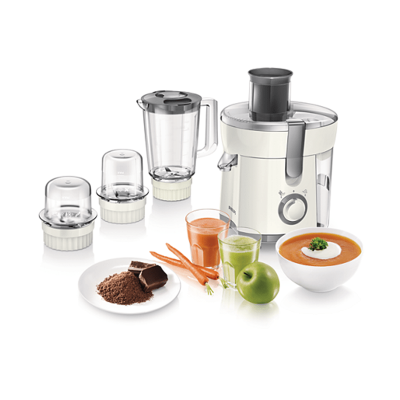Among household appliances, refrigerators and lights run for the longest number of hours as they are often left connected to power all the time, which is the expert recommendation anyway.
On average, a refrigerator that is left connected to power continuously runs for a total of 8-12 hours in any given 24-hour period. However, this can vary depending on various factors such as the type of refrigerator, the load, placement and how energy efficient the refrigerator is.
Regardless, there are a few guidelines to follow to make sure your overall refrigerator’s power consumption is reduced.
1. Cover foods & beverages before putting them inside the refrigerator
Glass containers are preferable over plastic ones as they absorb and retain cold more effectively. Excess moisture inside your fridge can make it more challenging to maintain a stable internal temperature.
To prevent this, cover foods and liquids before placing them in the refrigerator. By doing so, you can avoid overworking the compressor and ensure efficient cooling.
2. Use optimal Temperature Settings
Ensure your refrigerator is set to the recommended temperature range (between 1 to 3 degrees Celsius for the fridge and -18 degrees Celsius for the freezer). Keeping the temperature within these ranges prevents excessive energy usage.
It is not useful to freeze your milk or soda for example and attempting to do so may not only lead to energy wastage but also spoil your precious beverages.
3. Check and Maintain Refrigerator Door Seals
Inspect the door seals regularly to ensure they are intact and free from gaps or damage. Damaged seals can lead to cool air leaks, forcing the refrigerator to work harder to maintain the desired temperature.
4. Keep your fridge organised.
Arrange the items inside your fridge in an organized manner, allowing for efficient airflow. Avoid overcrowding the shelves and ensure that items do not block the vents, promoting better circulation and cooling.
Keeping the fridge organised also ensures that you do not spend too much time trying to find food as the refrigerator door is open. In fact, put the items you may need more often, near the door so you can pick them up in a snap.
5. Limit Door Openings:
Be conscious of the number of times you open the refrigerator door and minimize the duration. Frequent and extended door openings result in significant energy loss, as the fridge has to work harder to restore the optimal temperature.
Reckless opening of the refrigerator door can lead to a loss of as many as 50-120 units of power in a year. That is more than the power you need to run your refrigerator for 1-3 months.
6. Clean the Condenser Coils:
Proper maintenance of your refrigerator’s condenser coils is essential for efficient cooling. Without regular cleaning, these coils can accumulate significant dust, leading to increased stress on the condenser and a shorter lifespan for your appliance.
To prevent this, ensure the coils are kept clean by using a vacuum or brush. Remember to unplug the refrigerator before cleaning to ensure safety. By maintaining clean condenser coils, you can improve cooling performance and prolong the life of your refrigerator.
7. Do not put hot food or beverage in the fridge or freezer
Allow hot or warm food to cool down before placing it in the refrigerator. Putting hot food in your refrigerator raises the air temperature inside causing the fridge to work harder to lower the temperature thus consuming more energy and increasing your electricity bill. Just avoid it.
8. Put the fridge away from heat sources & give room to breathe.
Ensure your refrigerator is placed in a cool area away from direct sunlight and heat sources such as stoves, ovens, or heaters. Excessive heat exposure makes the fridge work harder to maintain the desired temperature.
Additionally, leave sufficient space around the fridge. At least 5cm around the fridge is recommended
9. Keep your fridge full
Keep your refrigerator well-stocked to optimize its energy efficiency. A fuller fridge requires less effort to cool since there is less air to keep cold.
Keeping your refrigerator at least two-thirds full, items inside can help maintain a consistent temperature and reduce the workload on the cooling system. If your fridge is too big and lacks sufficient items, you can add jugs of water to occupy the space.
However, be mindful not to overfill the fridge, as proper airflow is important for efficient operation. Additionally, ensure that items do not block air vents for optimal cooling performance.
Conclusion:
By implementing these ten tips, you can optimize the energy efficiency of your current refrigerator and reduce its electricity consumption. Not only will this save you money on utility bills, but it will also contribute to a greener and more sustainable lifestyle. Start implementing these practices today and enjoy the benefits of a more energy-efficient refrigerator.










